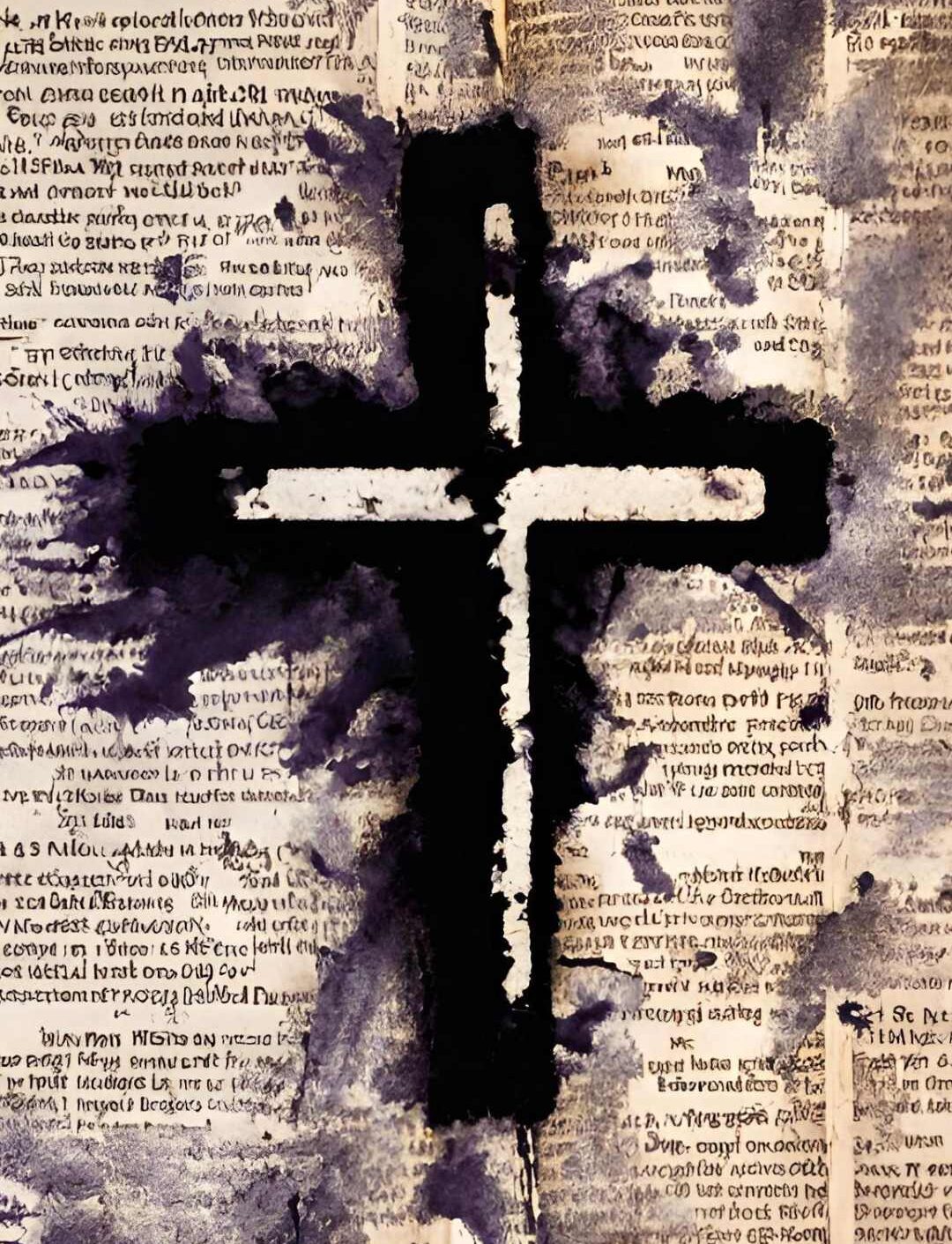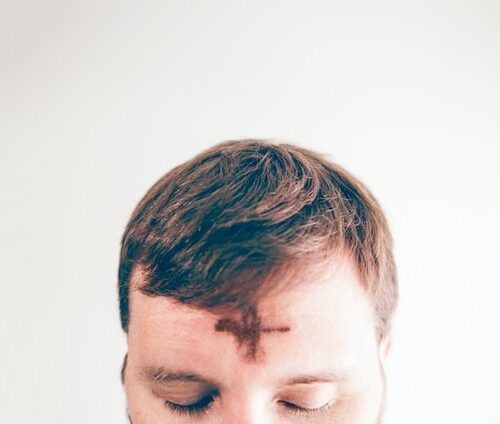Lent is an old word for ‘spring time’; for Christians, it marks the 40 days of religious focus in the lead-up to Easter. It is a time when we reflect on the life of Jesus and his great sacrifice, a time of fasting and heightened generosity.
In this guide:
When Does Lent Begin?
Why Is It Called Pancake Night?
What Should I Give Up For Lent?
What Should I Read For Lent?
Other Things To Do For Lent
Free Lent Reading Plan
Why is Lent 40 days? The 40 days mirror Jesus’ prayer and fasting in the desert and are also a significant reflection of the 40 days of flood in the story of Noah, denoting a time of great sacrifice. Usually, Lent coincides with Holy Week.
The final week of Lent is Holy Week, beginning on Palm Sunday, marking the arrival of Jesus in Jerusalem the week he was crucified. Good Friday marks the crucifixion of Jesus, and Easter Sunday marks the resurrection of Jesus.
As an aside, Pentecost follows 50 days after Easter Sunday and carries significance to the accounts found in the
Gospels.
When Does Lent Begin In 2025?
It’s tradition to start Lent after Shrove Tuesday, also known as Pancake Day, on the 04th of March 2025. Lent officially begins on Ash Wednesday, the 05th of March 2025, and runs until Thursday, the 17th of April, for 40 days. These 40 days do not include Sundays.
There are several ways to celebrate Lent and Easter, and it’s really down to the individual and local churches to encourage various practices. The main focus should be to empathise with the life of Jesus and grow closer to God as you reflect on Jesus’ journey towards death and resurrection. In this guide, I’ve put together a few suggestions to help you get started.
My advice is to begin with an evening around pancakes on Shrove Tuesday. Gather friends and family, play games, swap stories and eat loads of pancakes! Use that night to decide what you want to give up for the period of Lent.
Why Is It Called Pancake Night?
It became Pancake Night because Shrove Tuesday was when you would use up all of the fat and rich foods before fasting for Lent. This usually included things like cheese, eggs, butter, milk, and other fatty foods. One of the things you can make easily out of some of those ingredients is pancakes.
After using up all those extra fatty, rich foods, decide what you would like to give up for Lent. For some, it’s all rich foods, but many people focus on one thing that might hold a precious place in their lives.
What Should I Give Up For Lent?
It’s usual for people to make a sacrifice during Lent by fasting something. Most people give up chocolate, sweets, meat, or, in some cases, several foods. People have recently opted to give up comforts like TV, social media or Netflix.
The main idea is to understand the meaning of sacrifice and use the discipline of fasting to focus on Jesus’s sacrifice. Take time to reflect on what you have given up and what hold it might have on your life.
If you give up food, you might begin to understand that your body is precious and a gift from God. It may help you to consider how to better care for it.
If you are giving up social media, you may begin to reflect on its impact on you emotionally and spiritually. Begin praying about how you want to live with a sense of freedom. Whatever you decide to give up, I urge you to try and stick to it for the full 40 days.
It is worth noting that the fast does not necessarily apply to Sundays. So, strictly speaking, you only have to give up something for Lent 6 days a week. That doesn’t mean you should indulge wholeheartedly on Sundays, but if you are struggling, there is always the option to allow yourself to break the fast one day a week. This is particularly crucial if you are fasting food.
What Should I Read During Lent?
Most people follow a daily reading plan for Lent that carries them through until Easter Sunday. This can also be read alongside a helpful devotional book on the subject of Jesus’ life and his journey to the cross. Daily readings help us focus our attention on Christ.
If you are unsure what to read, begin with one of the Gospels. I recommend the Gospels of John as it was written to be read across Easter. There are 7 ‘I am’ phrases in the book of John, and each one holds weight as they are read in the seven days leading up to Easter Sunday.
Some Other Things To Do For Lent
To follow Lent in the whole spirit of the celebration, people usually fast, do good works, seek to be generous and reflect in humility. Usually, fasting gets the main focus, but Lent is an excellent time to refocus your life on fundamental Christian principles.
Consider volunteering one day a week if you don’t already. Sacrifice is a central theme during Lent, and one of the ways we can walk closely with Jesus is to give of our time.
Be generous. Perhaps you can listen out for someone who may be struggling financially. Look for an opportunity to share some of your money. Do it anonymously, not for the credit and praise of being generous, but simply for the sake of being unselfish. You could also give to charity but push yourself to get more personal. Perhaps buy a grocery gift card, slip it into someone’s bag, or post it through the letterbox.
Detox negative habits and traits. Pray daily for greater humility and self-discipline, and look for ways to reshape your character to be more like Jesus.
If you don’t know where to begin, sign up for our daily lent emails below.
What are some of the things you will be doing this Lent? What would you add to the list of possible things to give up and ways to be more generous? Comment below.
Get our FREE
guide to Lent
straight to your inbox.
• Prepare for Lent
• Choose daily or weekly reflections
• A guide to help your journey towards Easter
No spam ever; unsubscribe anytime.
I consent to receiving email updates










